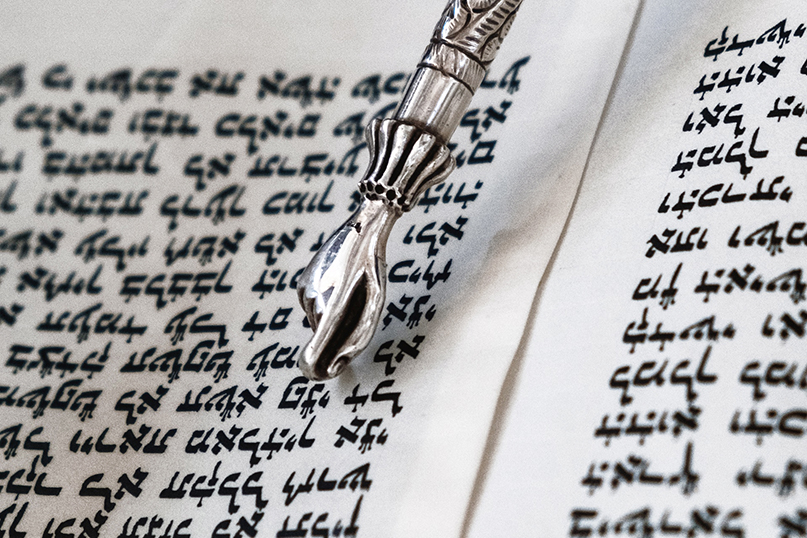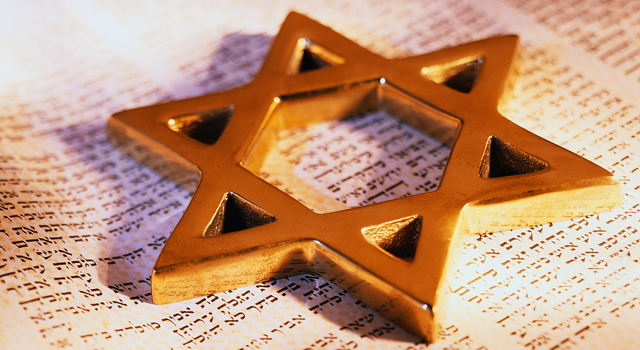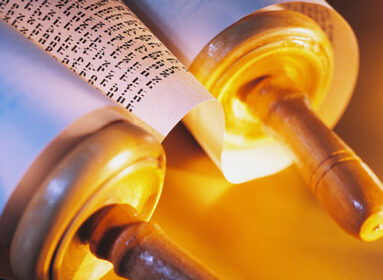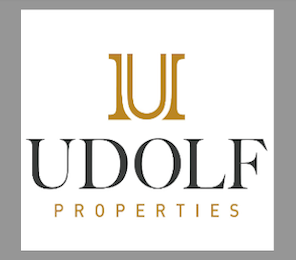
By Rabbi Tzvi Hersh Weinreb
I was a long way from old age myself when a revered mentor explained to me how he realized that, at least in the eyes of others, he was getting old. “I find that people give me honor and respect, but not power. They seem to be listening carefully to what I say, but they do not really hear my words, and they never heed them.”
It is no wonder that the great novelist Hermann Hesse wrote the following in a letter to a friend:
Growing old is not just a winding down and withering – like every phase of life it has its own values, its own magic, its own wisdom, its own grief, and in times of a fairly flourishing culture, people have rightly shown age a certain respect, which nowadays is somewhat lacking in youth. We shall not hold that against youth. But we shall not let them talk us into thinking that age is worth nothing.
Hesse insistently protested against the all-to-common belief that “age is worth nothing.”
There is a phrase in this week’s Torah portion, Shemini (Leviticus 9:1-11:17) that the rabbis of the Midrash refuse to pass by without comment. The very first verse of this parsha reads, “And it came to pass on the eighth day that Moses called out to Aaron and to his sons and to the elders of Israel.”
Rabbi Simon ben Yochai, a second-century Talmudic sage who was famed and revered for his mystical insights, is impressed by the role that the elders of the community, men of great age, play, not only in this verse, but throughout the Torah. He comments:
We find that the Holy One Blessed be He bestowed the honor upon the elderly very frequently.
• At the burning bush: “Go and gather the elders of Israel;”
• In Egypt: “And you and the elders of Israel shall approach…;”
• At Sinai: “Go up to the Lord, you…and seventy of the elders of Israel;”
• In the desert, “Gather unto me seventy men from among the elders of Israel;”
• At the tent of meeting, “Moses called upon…the elders of Israel;”
And in the messianic future the Holy One will again bestow honor upon the elderly, as it is written (Isaiah 24:23), “The moon will be embarrassed and the sun ashamed, for the Lord of Hosts will Himself reign upon Mount Zion and Jerusalem, and His elders will be granted honor.” (Midrash Rabbah Leviticus 11:8)
Rabbi Simon ben Yochai is emphasizing something which is fundamental to Judaism. Not only are the elderly granted kavod or respect, they also must be taken seriously. They represent an indispensable resource for the community and its leadership.
The important role of age in our history has its roots in its very beginning. The Talmud (Bava Metzia 87a) makes a remark which many have found strange. “Before Abraham age did not exist.” This does not mean that there were no old people before Father Abraham, nor does it mean that people got older but did not show signs of age.
One of my revered teachers, Rabbi Nisan Telushkin z”l, whom I knew in his advanced old age, explains this passage as follows. Until Abraham, the world was materialistic and the primary activities were the practical ones that allowed for physical survival. At that time, age was no advantage at all. Quite the contrary, what was necessary was the vigor and energy of youth.
When Abraham came on the scene, things changed. He successfully introduced the spiritual dimension to mankind. In this realm the skills of youth were no longer the only skills necessary. To the extent that mankind became more spiritual, the skills of age became more and more important. Thus, of course age existed before Abraham. But with his arrival on the scene, the advantages of age began to become recognized as crucial. Before Abraham, age was simply not a vital and necessary part of the human community. He was the first “old man,” because he was the first person of age to be revered as an integral and essential part of the leadership of the human community.
It has been said that contemporary Western civilization can be characterized as a youth culture. Judaism objects to such a culture. It insists that there is a role for the elders, and it is not just a marginal role. This lesson is so basic to our faith that it can be traced back to our very beginnings in the life of Abraham.
It is so basic that the elderly are placed front and center in the Torah’s account of our national beginnings, as Rabbi Simon ben Yochai pointed out in the Midrashic passage cited above.
It is so basic that it deserves to be reiterated again and again. It is why I chose this theme for Shemini, which is read close to the beginning of spring. If, in spring, a young man’s fancy turns to love, then, in spring, an older man’s fancy turns to wisdom and accomplishment.
Rabbi Tzvi Hersh Weinreb is executive vice president, emeritus of the Orthodox Union.








 Southern New England Jewish Ledger
Southern New England Jewish Ledger









